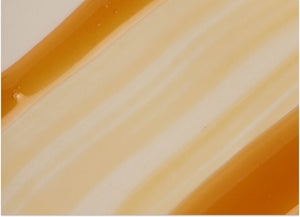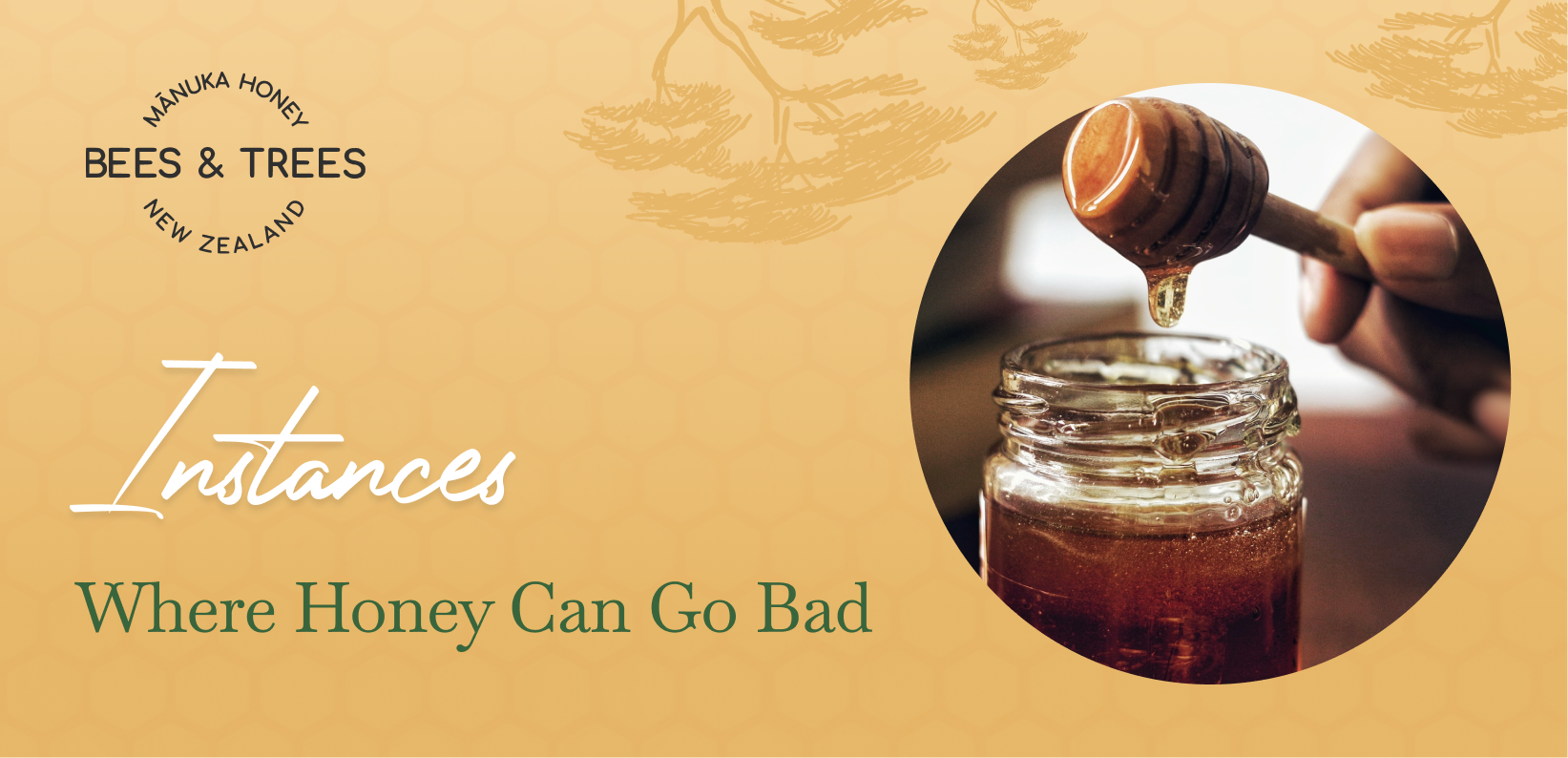
Have you ever wondered if manuka honey can go bad? Well, you’re in luck because this article is here to answer that question for you. Many people enjoy the unique taste and potential health benefits of manuka honey, but it’s important to know if it has an expiration date or if it can spoil over time. In this article, we will explore the shelf life of manuka honey and provide you with all the information you need to know to ensure you enjoy this sweet treat without any concerns. So, read on to find out if manuka honey can go bad.
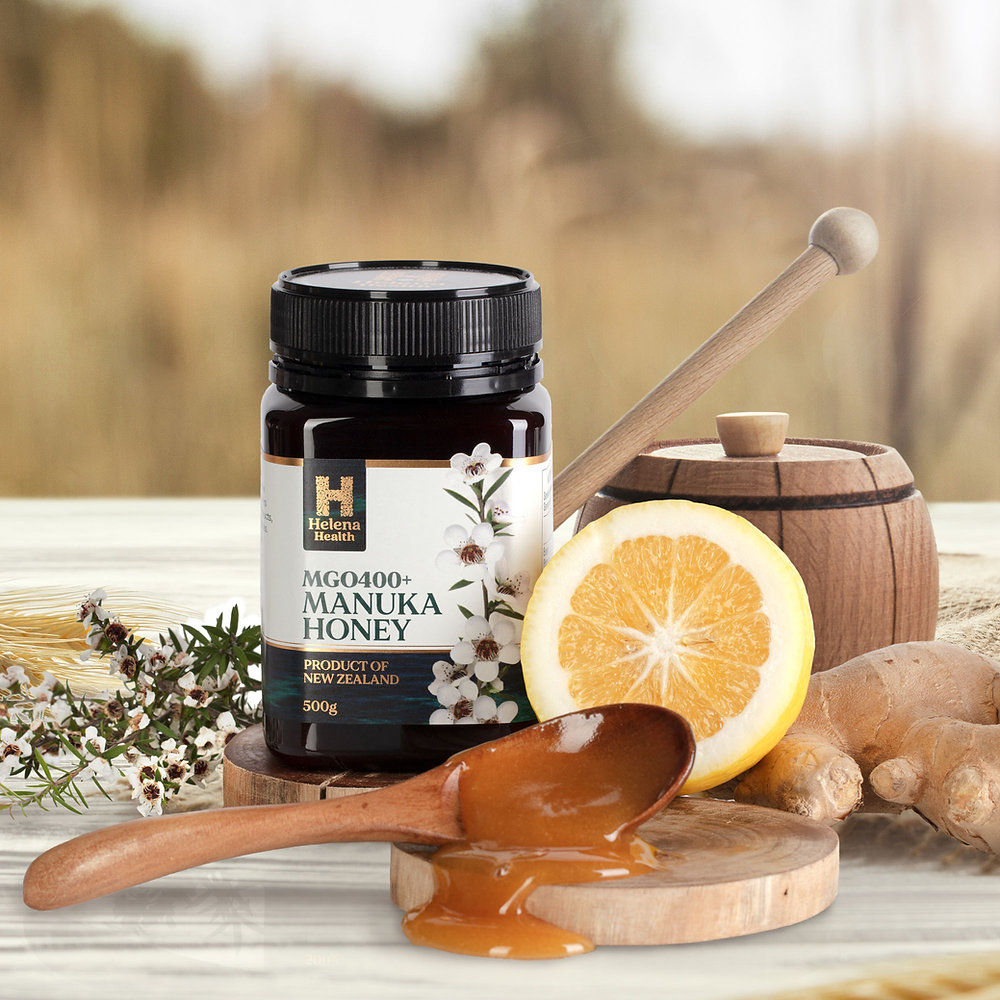
What is Manuka Honey?
Manuka honey is a type of honey that is produced by bees that feed on the nectar of the Manuka tree, which is native to New Zealand. It is highly regarded for its unique properties and has gained popularity for its potential health benefits. In order to fully understand the concept of expiration dates and the factors that can affect the shelf life of Manuka honey, it is important to first delve into the definition of Manuka honey and its distinctive characteristics.
Definition of Manuka Honey
Manuka honey is different from regular honey due to its unique origin and composition. It is produced by bees that gather nectar from the flowers of the Manuka tree, which is scientifically known as Leptospermum scoparium. This tree is native to New Zealand and Australia, and its flowers have a distinct aroma and flavor. The bees collect the nectar from these flowers and transform it into honey through a process of enzymatic activity and natural fermentation.
Unique Properties of Manuka Honey
What sets Manuka honey apart from other types of honey is its high concentration of a compound called methylglyoxal (MGO). MGO is believed to be responsible for the antibacterial properties of Manuka honey, making it a sought-after natural remedy for various ailments and skin conditions. This compound is present in varying degrees in different batches of Manuka honey, and the higher the MGO content, the more potent the honey is believed to be.
Understanding Expiration Dates
Expiration dates are commonly found on food products, including honey, and serve as a guide for consumers to determine the freshness and safety of the product. When it comes to Manuka honey, understanding expiration dates is crucial in order to ensure that you are getting the most out of this valuable natural resource.
What are Expiration Dates?
Expiration dates, also known as best before dates, are labels that indicate the recommended period of time during which a product is at its best quality and flavor. While it is not an indication of safety, consuming a product past its expiration date may result in a loss of quality, taste, and potential potency. It is important to note that expiration dates are not legally required for honey in many countries, including the United States. However, many reputable honey producers voluntarily include them on their packaging to provide guidance to consumers.
How are Expiration Dates Determined?
For manuka honey, as well as other honey types, determining expiration dates can be challenging due to its long shelf life. Honey is known for its ability to resist spoilage, thanks to its low water content and acidic pH. To establish a reasonable expiration date, honey producers often conduct sensory evaluations, chemical analysis, and microbial testing to assess the honey’s quality over time. However, it is important to approach expiration dates on honey with a degree of flexibility, as honey can remain perfectly safe and edible even after its indicated expiration date has passed.
Types of Expiration Dates
There are two common types of expiration dates that you may come across when purchasing Manuka honey: a specific date and a best before date. A specific date refers to the last date on which the product is recommended to be consumed, while a best before date indicates the date until which the product is expected to retain its optimal quality and flavor. It is important to differentiate between the two and consider the best before date as a guideline rather than a strict rule.
Factors Affecting Manuka Honey Shelf Life
While Manuka honey is known for its long shelf life, several factors can influence its stability and freshness over time. It is important to be aware of these factors to ensure that you are storing your Manuka honey properly and maximizing its potential benefits.
Environmental Factors
Environmental factors such as temperature, humidity, and exposure to sunlight can have a significant impact on the shelf life of Manuka honey. High temperatures can cause the honey to become more prone to crystallization, while excessive humidity can lead to increased moisture content and potential fermentation. Exposure to sunlight can also degrade the honey’s quality and diminish its beneficial properties. It is therefore recommended to store Manuka honey in a cool, dry, and dark place to minimize the effects of these environmental factors.
Storage Conditions
Proper storage conditions play a crucial role in maintaining the quality and freshness of Manuka honey. It is important to store the honey in an airtight container to prevent moisture absorption and protect it from exposure to air. Additionally, choosing a container made of materials that do not react with the honey, such as glass or food-grade plastic, is essential. The storage location should be free from strong odors or chemicals that can contaminate the honey.
Purity and Quality
The purity and quality of Manuka honey also play a significant role in its shelf life. Pure Manuka honey that has undergone minimal processing and filtering tends to have a longer shelf life compared to honey that has been heavily processed or mixed with other ingredients. It is advisable to purchase Manuka honey from reputable brands that adhere to strict quality standards and provide transparent information about their sourcing and processing methods.
Signs of Spoiled Manuka Honey
While Manuka honey has a long shelf life, it is not invincible to spoilage. It is important to be able to identify the signs of spoiled honey to prevent any potential health risks or unpleasant experiences.
Changes in Appearance
One of the most noticeable signs that Manuka honey has spoiled is a change in its appearance. Spoiled honey may become cloudy, develop mold growth, or exhibit a separation of liquid and solid components. If you observe any of these changes in your Manuka honey, it is best to discard it to avoid any potential health hazards.
Changes in Texture
Spoiled Manuka honey may also undergo changes in texture. This can manifest as excessive crystallization, which results in a gritty or grainy texture. It is important to note that crystallization is a natural process that can occur in all types of honey and does not necessarily indicate spoilage. However, if the texture becomes excessively hard or granulated, it may be a sign that the honey has started to spoil.
Off Odor or Taste
A significant change in odor or taste can also indicate that Manuka honey has spoiled. Fresh Manuka honey has a distinct floral aroma and a sweet, slightly bitter taste. If you notice a sour, fermented, or off smell, or if the taste becomes unpleasant or rancid, it is best to discard the honey.
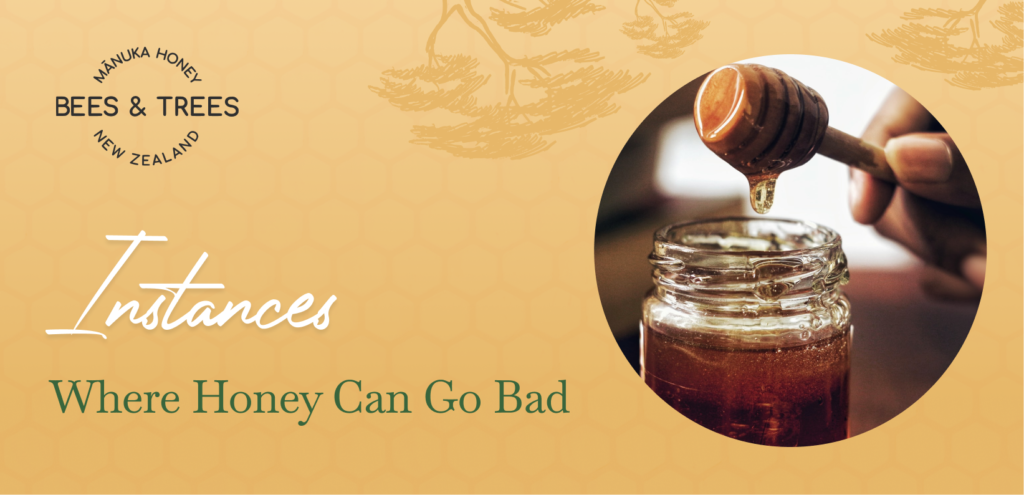
Does Manuka Honey Expire?
When it comes to determining the expiration of Manuka honey, it is important to understand the difference between an expiration date and a best before date.
Expiration vs. Best Before Date
An expiration date refers to the last date on which a product is recommended to be consumed for safety reasons. Consuming a product past its expiration date may pose health risks due to the potential growth of harmful bacteria. On the other hand, a best before date indicates the period during which a product is expected to retain its optimal quality and flavor. While consuming a product after its best before date does not necessarily pose health risks, it may result in a loss of quality and taste.
Common Shelf Life of Manuka Honey
Manuka honey is known for its long shelf life and can remain edible for several years if stored properly. However, it is important to note that the quality and potency of Manuka honey may diminish over time. The best before dates provided by honey producers often range from one to five years, depending on the brand and the quality of the honey. It is advisable to consume Manuka honey within a reasonable timeframe to ensure that you are reaping the full benefits of its unique properties.
Storage Tips to Extend Shelf Life
To maximize the shelf life of Manuka honey and preserve its quality, there are several storage tips that you can follow.
Choosing the Right Storage Container
Selecting the right storage container is crucial in maintaining the freshness and quality of Manuka honey. It is recommended to use containers made of glass or food-grade plastic that are airtight and do not react with the honey. Avoid storing Manuka honey in metal containers, as they can alter its flavor and quality.
Ideal Storage Temperature
Temperature is a crucial factor in determining the shelf life of Manuka honey. It is best to store it at temperatures below 75°F (24°C) to inhibit crystallization and reduce the risk of fermentation. Avoid exposing the honey to extreme temperatures, as this can cause it to lose its beneficial properties and degrade in quality.
Avoiding Exposure to Moisture
Moisture is one of the main enemies of honey, as it promotes fermentation and can lead to spoilage. It is important to ensure that the storage container is tightly sealed to prevent moisture absorption. Additionally, storing Manuka honey in a dry environment, away from steam or condensation, is essential for its longevity.
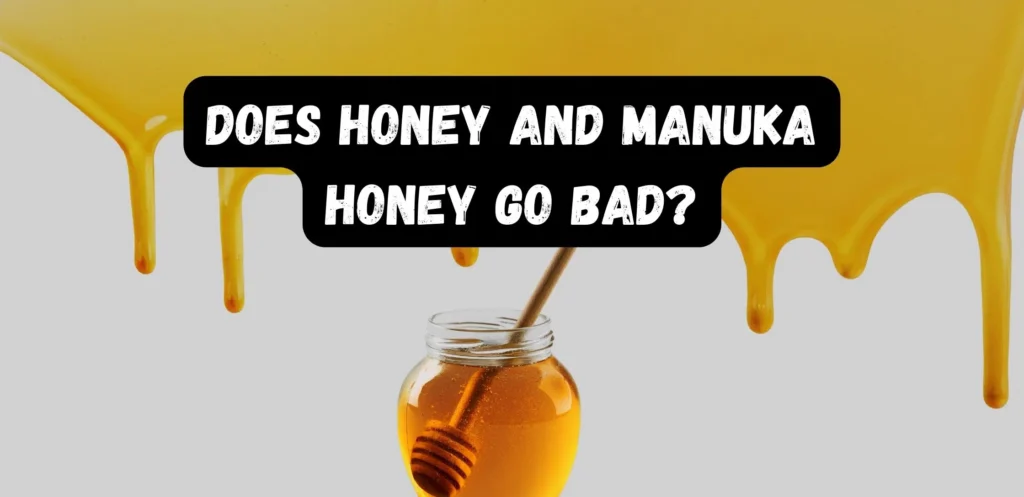
How to Properly Store Manuka Honey
Properly storing Manuka honey goes beyond selecting the right storage container and temperature. Following these comprehensive storage guidelines can help ensure that the honey remains fresh and maintains its beneficial properties.
Sealing the Container Properly
To prevent moisture absorption and protect the honey from external contaminants, it is crucial to seal the storage container properly. Ensure that the lid or cover fits tightly and forms an airtight seal. This will help maintain the honey’s quality and prevent it from spoiling.
Protecting from Light and Heat
Exposure to light and heat can degrade the quality of Manuka honey and diminish its nutritional and medicinal properties. It is important to store the honey in a cool, dry, and dark place, away from direct sunlight or sources of heat. Consider storing it in a pantry or cupboard that is shielded from light and where the temperature remains relatively constant.
Avoiding Contamination
Manuka honey is naturally resistant to microbial growth, thanks to its low water content and acidic pH. However, it is important to minimize the risk of contamination by ensuring that the storage container and surrounding area are clean and free from potential contaminants. Avoid using dirty utensils or dipping food into the honey, as this can introduce bacteria and compromise its quality.
Can Manuka Honey Go Bad?
While Manuka honey has an impressive shelf life and remains safe to consume for an extended period, there are certain risks associated with long-term storage and exposure to external factors.
Long-Term Storage Risks
Despite its natural preservative properties, prolonged storage can affect the quality and potency of Manuka honey. Over time, the beneficial compounds, such as methylglyoxal, may degrade, resulting in a reduction of its potential health benefits. It is therefore advisable to consume Manuka honey within a reasonable timeframe to ensure that you are reaping its full rewards.
Impact of External Factors
Manuka honey can be affected by external factors such as temperature fluctuations and exposure to light, air, and moisture. These factors can accelerate the degradation process and increase the risk of spoilage. It is essential to store Manuka honey in optimal conditions to minimize these risks and extend its shelf life.
Quality Assurance Measures
To ensure the quality and safety of Manuka honey, it is important to purchase it from reputable sources. Reputable brands often adhere to strict quality assurance measures, including rigorous testing for purity, MGO content, and microbial contaminants. By choosing high-quality Manuka honey and storing it properly, you can minimize the risk of spoilage and maximize its potential benefits.
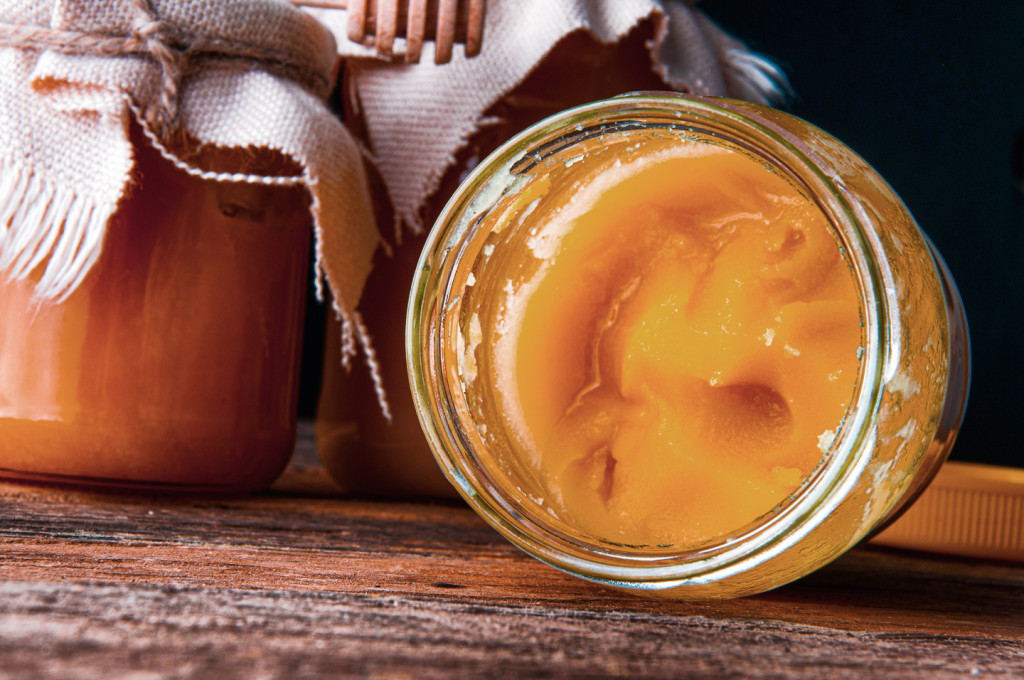
Benefits of Using Fresh Manuka Honey
Using fresh Manuka honey can provide a multitude of benefits, both in terms of taste and potential health properties.
Maintaining Optimal Nutrient Content
Freshly harvested Manuka honey contains a range of beneficial nutrients, including vitamins, minerals, and antioxidants. These nutrients contribute to its potential health benefits, such as supporting immune function, soothing digestion, and promoting overall well-being. By using fresh Manuka honey, you can ensure that you are consuming these nutrients at their most potent levels.
Enhanced Medicinal Properties
Manuka honey is renowned for its medicinal properties, particularly its potential antibacterial and wound-healing effects. Fresh honey with higher levels of MGO is believed to have stronger antibacterial activity. By using fresh Manuka honey, you may enhance its medicinal properties and increase the likelihood of obtaining the desired health benefits.
Conclusion
Manuka honey is a valuable natural resource that offers unique properties and potential health benefits. Understanding expiration dates and the factors that can affect the shelf life of Manuka honey is essential in order to maintain its freshness, quality, and potential potency. By following the storage tips and guidelines provided, you can extend the shelf life of Manuka honey and ensure that you are maximizing its benefits. Remember to always assess the signs of spoiled honey and make an informed decision about its consumption. Enjoy the wonders of Manuka honey while reaping its many rewards!
